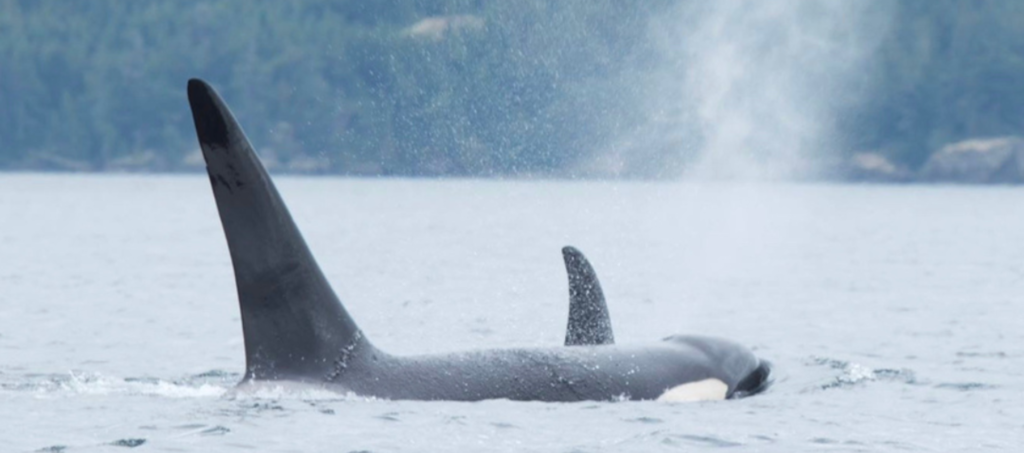Orcas, also known as killer whales, are among the most fascinating creatures in the ocean. Known for their striking black-and-white coloration, incredible intelligence, and strong social bonds, orcas live in tight-knit family groups that often span generations. Among these family units, the males stand out for their unique behaviors and deep connections to their mothers. Let’s dive into the world of male orcas and explore their lives, habits, and the reasons why they are affectionately called “mama’s boys” of the sea.
Male Orcas and Their Mothers: A Lifelong Bond
In most orca populations, males remain with their mothers for their entire lives. Orcas live in matrilineal societies, meaning family groups are centered around the eldest female—the matriarch. Her offspring, both male and female, stay by her side, creating a stable and cohesive pod. Male orcas leave their pod to mate and return back to their mothers pod. Female orcas, may start a pod on their own.
For male orcas, the bond is particularly significant. Studies have shown that male orcas rely heavily on their mothers for survival, even into adulthood. A mother’s presence greatly increases a male’s chances of thriving. Research conducted in the Pacific Northwest revealed that male orcas are more likely to die within a year of losing their mothers, underscoring the depth of this dependence.
Why Do Male Orcas Stay With Their Mothers?
The reasons behind this lifelong bond are rooted in survival and reproductive strategies:
- Energy Efficiency: Male orcas are larger than females and require more food. Staying with their mothers and pod ensures they have access to cooperative hunting techniques, which are more efficient than hunting alone.
- Social Learning: Orcas are highly intelligent animals with complex hunting strategies and vocalizations. Males benefit from staying with their family group, where they can learn and practice these skills under the guidance of their mothers and other pod members.
- Reproductive Strategy: Male orcas do not mate within their own pod, preventing inbreeding. Instead, they seek mates from other pods and then return to their own family. This behavior ensures genetic diversity while allowing them to maintain the safety and support of their maternal group.
The Role of Male Orcas in the Pod
Although they rely on their mothers, male orcas are not passive members of their pods. They play vital roles, such as:
- Defense: Males, with their larger size and strength, help protect the pod from threats, including rival orcas and other predators.
- Communication: Male orcas contribute to the pod’s complex social structure by participating in vocalizations and social interactions.
- Cooperative Hunting: Males are active participants in group hunting efforts, using their size and speed to help corral prey.
Male Orcas: Gentle Giants of the Ocean
Despite their imposing size, male orcas are often gentle and playful within their pods. Observations of wild orcas have documented males engaging in activities such as tail slapping, breaching, and playing with kelp. These behaviors highlight their intelligence and social nature.
Conservation Challenges
Male orcas, like their female counterparts, face significant threats in the wild, including habitat loss, pollution, and dwindling prey populations. The reliance of males on their mothers and pods makes them particularly vulnerable to disruptions in their family structure. Conservation efforts aimed at protecting orca habitats and ensuring abundant prey are crucial for the survival of these incredible creatures.
Final Thoughts
The life of a male orca is a testament to the strength and importance of family bonds in the animal kingdom. By staying close to their mothers, male orcas not only ensure their own survival but also contribute to the stability and success of their pods. These magnificent marine mammals remind us of the beauty of connection and cooperation in nature, offering valuable lessons about the power of family and community.
